Speakers
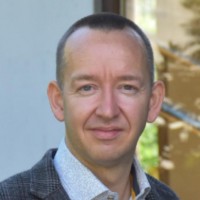
Biography:
Damien Ernst obtained his engineering degree and his PhD in Applied Sciences from the University of Liège, Belgium, in 1998 and 2003 respectively. He is currently a full professor at the University of Liège. His research interests include electrical power systems and reinforcement learning, a subfield of artificial intelligence. He is also the Chief Scientific Officer of Haulogy, a company developing intelligent software solutions for the energy sector. He is the co-author of over 300 research articles and two books. He has also won numerous awards for his research, including the prestigious 2018 Blondel Medal. He is regularly consulted by industry, government, international agencies, and the media for his profound understanding of the energy transition.

Biography:
Ondřej Dušek is an Assistant Professor at Charles University in Prague, working on natural language generation and human-computer dialogue. His research focuses on generative language models including large language models, mostly applied to the data-to-text and dialogue response generation tasks. He is specifically interested in evaluating the quality of generated content, specifically its semantic accuracy. After obtaining his PhD in Prague, Ondřej spent 2 years as a postdoc at Heriot-Watt University in Edinburgh. Back in Prague, he is currently the PI of an ERC Starting Grant which aims to produce fluent, accurate and explainable natural language generation systems.
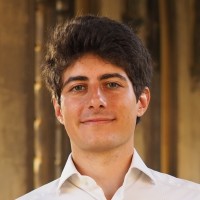
Efficient Foundation Models
by Edoardo Ponti | Assistant Professor | University of Edinburgh
Show infoBiography:
I am an assistant professor in Natural Language Processing at the University of Edinburgh and an affiliated lecturer at the University of Cambridge. Over the past year, I was a visiting professor at NVIDIA. My research focuses primarily on efficient and modular architectures for foundation models, especially with respect to adaptive memory and end-to-end tokenization. Previously, I was a visiting postdoctoral scholar at Stanford University and a postdoctoral fellow at Mila Montreal and Mc Gill University. In 2021, I obtained a PhD from the University of Cambridge. My research has been featured the Economist and Scientific American, among others. I received a Google Research Faculty Award and several awards (Highlight Awards at ACL 2025 and Best Paper Awards at EMNLP 2021 and Repl4NLP 2019). I am recipient of an ERC Starting Grant and a £2M ARIA grant. I am a Scholar of the European Lab for Learning and Intelligent Systems (ELLIS) and part of the TACL journal editorial team.
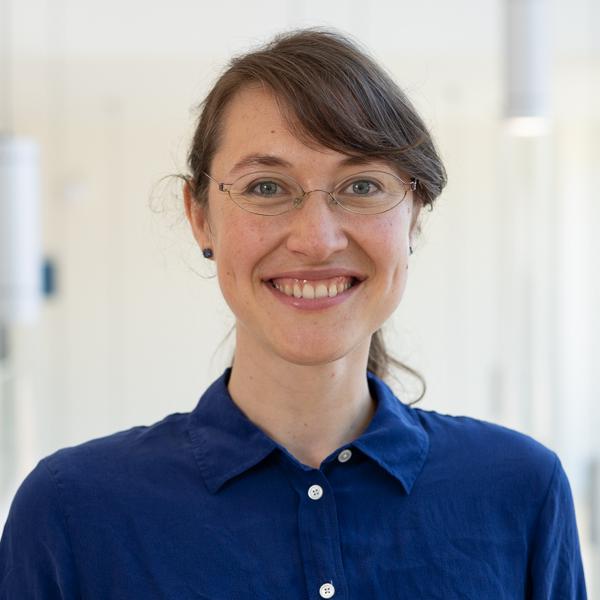
Machine Learning Efficiency
by Rebekka Burkholz | Group Leader | Relational Machine Learning Group at the Helmholtz Center CISPA
Show infoBiography:
Rebekka leads the Relational Machine Learning Group at the Helmholtz Center CISPA since 2021. Their research on sparse deep learning is supported by an ERC starting grant since December 2023 and Apple Research since August 2025. From 2019-2021, she was a PostDoc at the Biostatistics Department of the Harvard T.H. Chan School of Public Health working with John Quackenbush, from 2017-2018 at the Institute for Machine Learning at ETH Zurich with Joachim Buhmann, and from 2016-2017 at the Chair of Systems Design at ETH Zurich with Frank Schweitzer. Her PhD research at the ETH Risk Center was supervised by Frank Schweitzer and co-supervised by Hans J. Herrmann from 2013-2016. Her thesis on systemic risk won the Zurich Dissertation Prize and our work on international maize trade received the CSF Best Contribution Award. She studied Mathematics and Physics at TU Darmstadt.
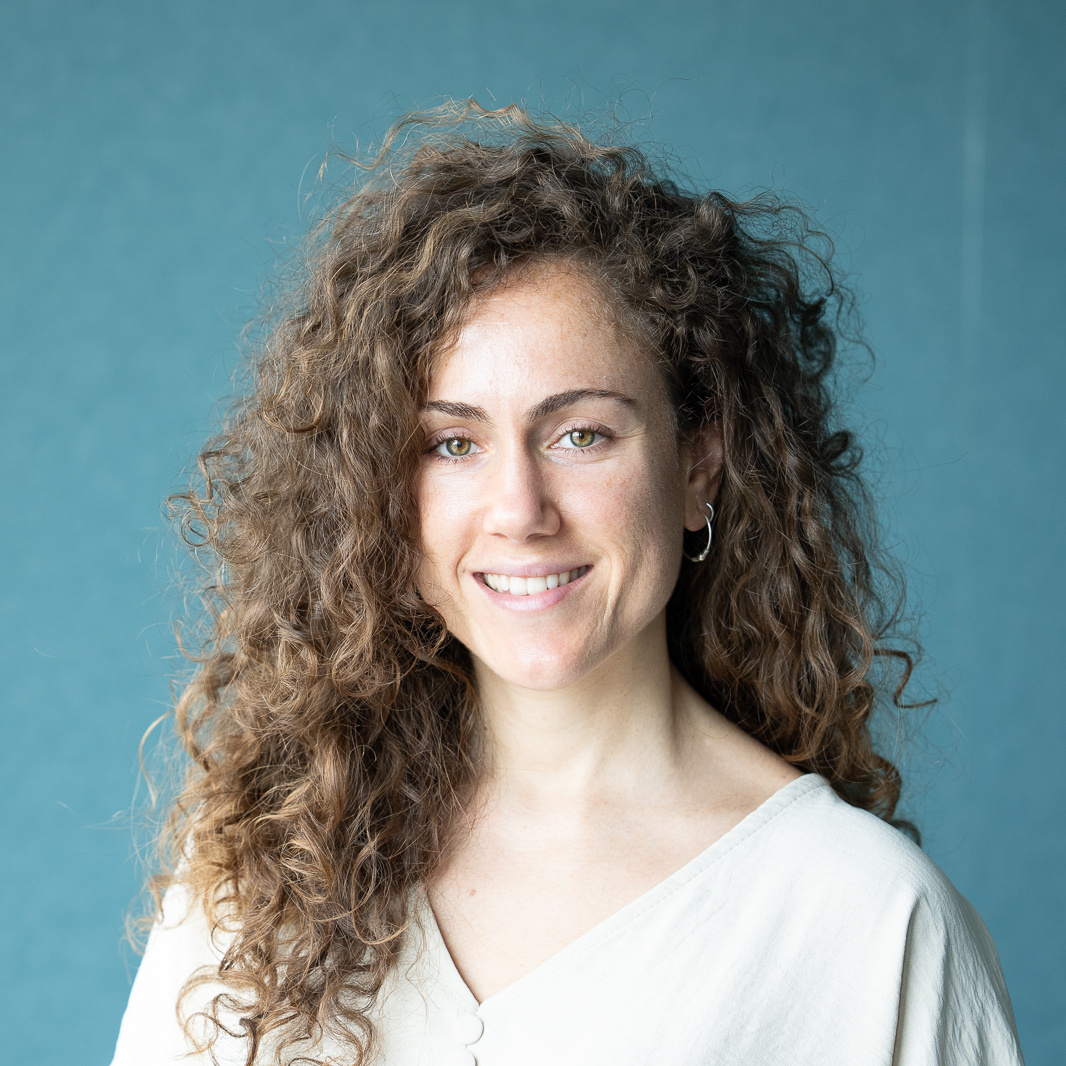
AI for Precision Oncology
by Marina Esteban-Medina | Postdoctorate Researcher | ETH Zürich AI Center, ETH Zürich’s Department of Biosystems Science and Engineering
Show infoBiography:
Dr.Marina Esteban-Medina is a postdoctoral researcher at the ETH Zürich AI Center and ETH Zürich’s Department of Biosystems Science and Engineering (Switzerland). She works at the intersection of AI and translational biomedicine, developing machine-learning and statistical models to understand tumor heterogeneity and treatment response, with a particular focus on pediatric cancer.
She earned a degree in Biotechnology and an MSc in Computational Biology from Universidad Carlos III de Madrid, followed by a PhD in Computer Science from the University of Córdoba. During her doctoral work in a Computational Medicine platform, she built predictive models that integrated clinical and genomic data from the Andalusian healthcare system with public resources to identify therapeutic targets in cancer and rare diseases, collaborating with the Francis Crick Institute (London) and Institut Curie (Paris).
Her research has been supported by competitive international funding, including an EMBO Scientific Exchange Grant and an ETH AI Center Postdoctoral Fellowship. She contributes to international initiatives such as the Disease Map and several ELIXIR communities as well as the Immune Digital Twins. Her interests lie in bridging robust AI methodology with clinically actionable insights.
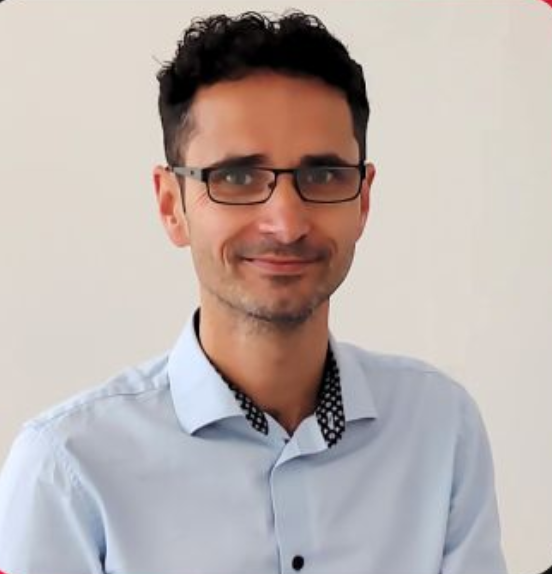
Biography:
Ivan Cimrák is a Professor at University of Žilina (Slovakia), where he works at the intersection of artificial intelligence and biomedical engineering. His recent research focuses on neural networks for medical imaging, with an emphasis on mammography—including analyses of mammography datasets for deep learning and methods that leverage longitudinal screening information to support earlier and more reliable detection. In collaboration with clinical partners, he also develops AI-assisted workflows for digital pathology, such as computer-supported scoring of proliferation markers (e.g., Ki67) from routine histology slides.
Alongside AI, he has a strong background in computational modelling of blood flow and cell mechanics, and he has contributed widely used open-source implementations for simulating deformable cells in fluid environments.
His work has been recognized by multiple awards, including the Slovak “Cena za vedu a techniku” (Science and Technology Award) 2024 in the category Personality of Science and Technology, and he was a finalist of the ESET Science Award 2024 (Outstanding Academic).